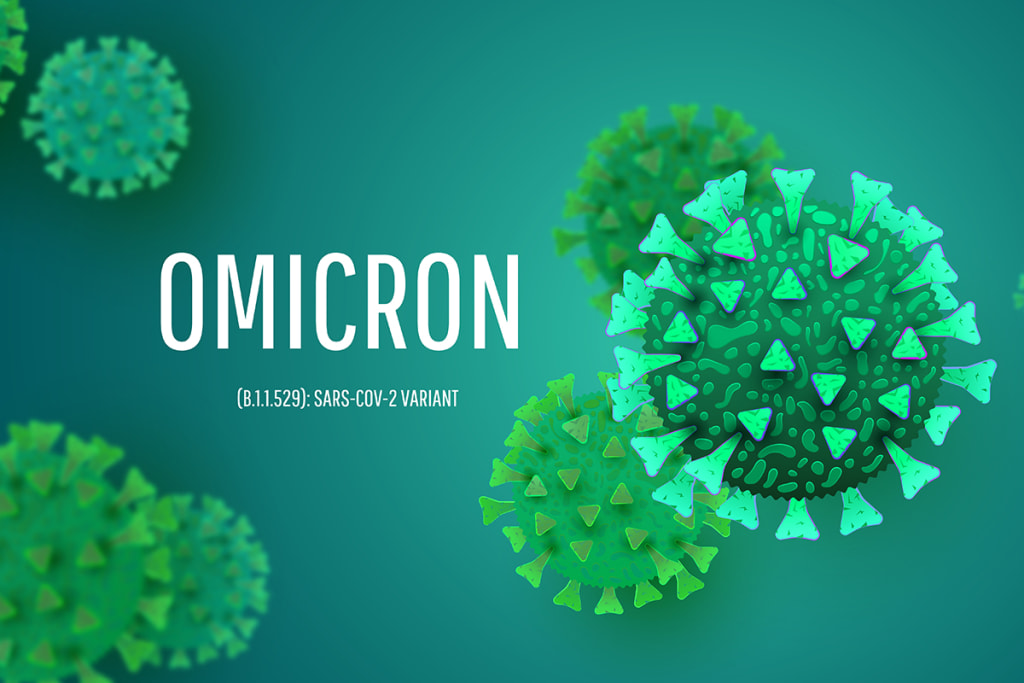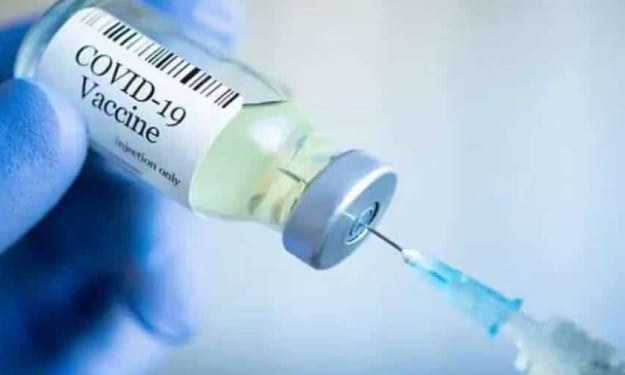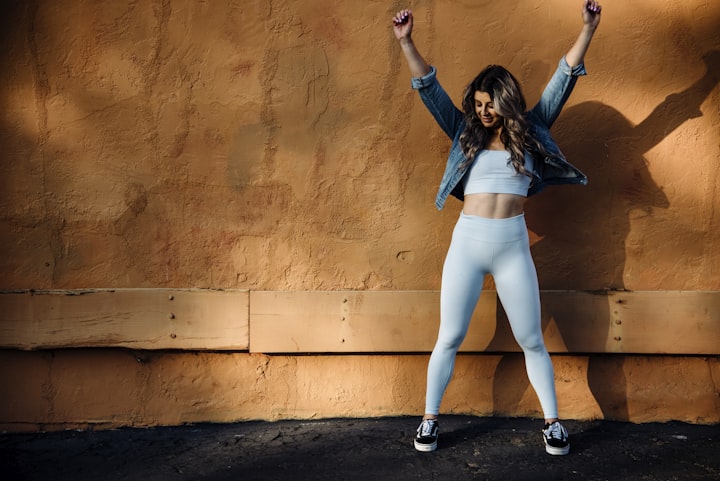In the United States, the COVID-19 vaccination booster effort is faltering.
The COVID-19 booster campaign in the United States is waning, alarming health experts who have urged Americans to receive a second shot to strengthen their defenses against the extremely infectious omicron version.

The COVID-19 booster campaign in the United States is waning, raising concerns among health experts who have urged Americans to receive a second shot to increase their immunity against the extremely infectious omicron version.
According to the Centers for Disease Control and Prevention, only 40% of fully vaccinated Americans have received a booster shot. In the United States, the average number of booster shots given out per day has dropped from a high of 1 million in early December to around 490,000 as of last week.
In addition, according to a recent study from The Associated Press-NORC Center for Public Affairs Research, Americans are more inclined to believe that the first vaccines are more important than the booster shots.
"It's evident that the booster attempt is failing," said Jason Schwartz, a Yale University vaccination policy specialist.
Overall, the immunization program in the United States has been slow. Only 63 percent of Americans, or 210 million individuals, are completely vaccinated with the first round of vaccinations, more than 13 months after it began. Legal disputes have stymied mandates that may increase such figures.
Vaccination rates in areas like Wyoming, Idaho, Mississippi, and Alabama have remained stable, hovering around 50%.
In Wyoming, 44 percent of people are completely vaccinated, up from 41% in September. To promote vaccination rates, the state has started airing TV commercials featuring health care providers who describe the horrors of unvaccinated persons suffering with COVID-19.
"Of course, we'd want to see greater rates." "However, no one should believe that our rates are due to a lack of effort," Wyoming Health Department spokeswoman Kim Deti said Tuesday.
In neighboring Idaho, which has one of the lowest vaccination rates in the country, the number of individuals receiving their first vaccine dosage has stayed under 1,000 virtually every day this year, and the number of those receiving booster doses has also decreased. Officials insist they will not give up.
Elke Shaw-Tulloch, head of the Idaho Division of Public Health, remarked, "I don't like to use the word'resigned.'" "I believe all we have to do now is keep emphasizing how critical it is."
Vermont, on the other hand, leads the nation in the proportion of persons who have been completely vaccinated and have had a booster injection. Approximately 60% of the population over the age of 18 has received a booster. But, as Vermont Health Commissioner Mark Levine put it, "that's not enough."
"I'd like to see that number closer to 90 percent," Levine remarked.
Adults in the United States and many other countries have been urged to obtain booster shots since the vaccine's effectiveness can decline. Furthermore, while vaccinations have been ineffective against omicron, research has shown that boosters can strengthen the body's defenses against the danger.
Schwartz believes public uncertainty is one of the main reasons why an estimated 86 million Americans who have been completely vaccinated and are eligible for a booster but not yet received one.
"I believe the data is now overwhelming that the booster is a core aspect of protection, not just an optional addition," he added. "However, it appears that the message was misunderstood."
Scientists questioned whether all Americans needed boosters at first, and the government first suggested only that specific categories of individuals, such as older citizens, receive extra dosages. The emergence of omicron, as well as new signs of declining immunity, highlighted the widespread need for boosters.
The message, however, has "gotten buried in a sea of shifting suggestions and guidelines," according to Schwartz.
According to the AP-NORC Center study, 59 percent of Americans believe that receiving a vaccination is necessary in order to fully engage in public life without fear of contracting COVID-19. Only 47% agree that a booster injection is necessary.
Keller Anne Ruble, 32, of Denver, has had her two doses of Moderna but has yet to receive her booster. She claimed she had a terrible reaction to the second dose and spent four days in bed with a fever and flu-like symptoms after taking it.
"I trust in immunizations and know that they will protect me," said Ruble, the proprietor of a greeting card mailing firm. The vaccination, on the other hand, "totally knocked me out and made me nervous about receiving the booster."
She plans to obtain the booster in the coming weeks and, in the meanwhile, she wears a N95 mask and tries to stay at home.
She explained, "I simply don't want to acquire COVID in general." "It terrifies me."
Blake Hassler, 26, of Nashville, Tennessee, has stated that he will not be receiving the booster. After a moderate episode of COVID-19 in 2020, he received Pfizer's two dosages last year. He stated that he believes himself to be a low-risk individual.
"From this point, rather than producing a new injection every six weeks and more controversial regulations," he stated, "we need to focus on prevention of serious disease at the outset of symptoms."






Comments
There are no comments for this story
Be the first to respond and start the conversation.